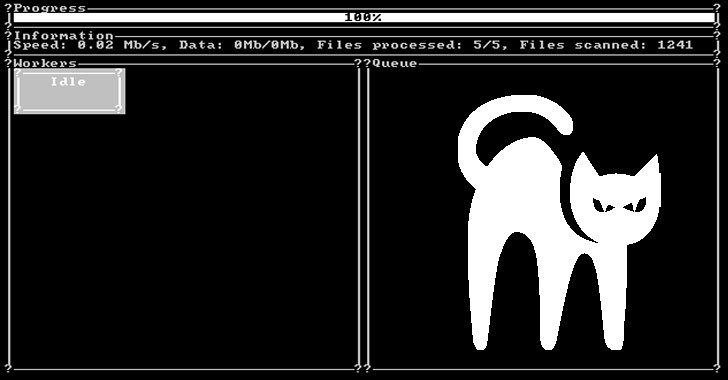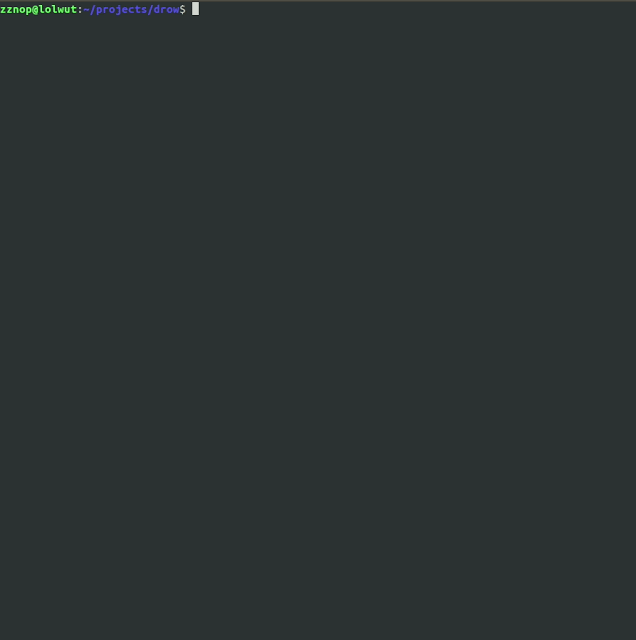 If you have been flipping through our archives, I am pretty sure that the article upon “What Code Should You Learn in 2016” must have caught your attention. The very first thing that zapped into my mind upon reading that article was: shouldn’t we explore the reason behind ” Why Should We Learn To Code” in greater depth. Although there is a brief note in the article upon this topic, but I personally feel that it does not serve justice to the importance of this intriguing mystery.
If you have been flipping through our archives, I am pretty sure that the article upon “What Code Should You Learn in 2016” must have caught your attention. The very first thing that zapped into my mind upon reading that article was: shouldn’t we explore the reason behind ” Why Should We Learn To Code” in greater depth. Although there is a brief note in the article upon this topic, but I personally feel that it does not serve justice to the importance of this intriguing mystery.
I am pretty much aware that there might be many of you coding experts, reading this article who might be wondering “Seriously dude, people really need a reason to code?” I mean what doesn’t coding offer you- big bucks, the chance to become a millionaire or perhaps even the chance to become known throughout the world for your work.
But there is more to it than meets the eye. And I quote- ‘my personal experience’. As a newbie to coding, the biggest problem that I faced ( and have observed many other people as facing) is overcoming the frustration at not being able to solve a problem. I started practising problems on SPOJ and the first problem was that of Life, Universe and Everything- which is actually the easiest. After solving it, I for one was like – “Yeah I am so gonna become an ace at coding”. Only to come crashing down from my Dreamland when faced with the inability to solve other problems. Even after spending days I was not able to solve the problems which led to me, questioning the sanctity of coding? Is it really important to learn to code? I mean why should I bother myself and waste my time upon solving these apparently unsolvable problems.
Until I read this anecdote on the inventwithpython blog:
Okay, in case you are expecting: No it did not make me turn a new leaf, open my laptop and be like Get, Set, Code!! But yes, it did make me think.
With coding, even though there is no guarantee of instant success, it still goes a long way in making you and efficient, productive & effective. Today almost all of us spend our time glued to our computer systems, so it wouldn’t really hurt to get to know what is actually going behind the screen, perhaps it could even enable one to use their system more efficiently. And beyond all, Learning to code involves learning How to Find Real Help for Yourself.
Could you relate to this article? Share your experiences in the comments section below.










